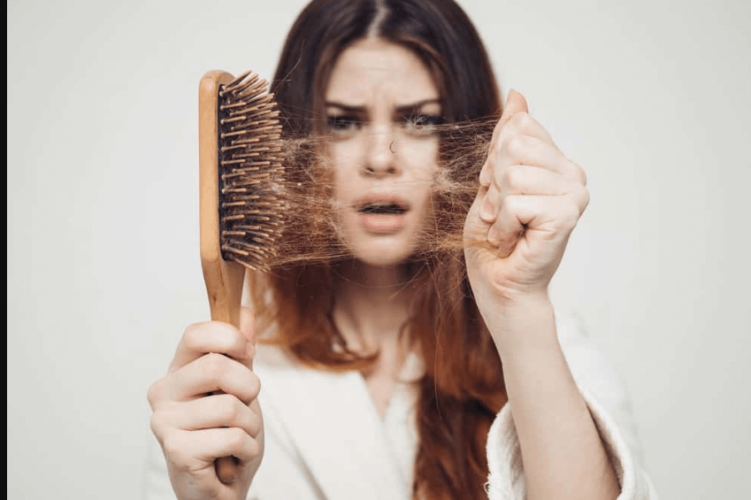People get understandably stressed when they start losing their hair. For most people, it’s a natural part of the aging process. They recognize it for what it is, no matter how much they dislike going bald. For others, though, hair loss comes unexpectedly. Certain medical conditions can lead to sudden hair loss, and things like stress and even pregnancy can cause some thinning up top. There are a lot of different things you can do to stop hair loss. The most important thing, though, is getting to the bottom of why your hair is disappearing. The cause will point you in the right direction for the best treatment. Here’s some helpful information on stopping hair loss and what you can start doing today.
Eat More Vitamin A
Vitamin A is tied to healthy hair growth because it’s made partly of retinoids. It keeps your scalp in better condition, so more hairs stay attached to your head. Foods like sweet peppers, spinach, and sweet potatoes are full of vitamin A. Supplements containing vitamin A are also widely available online and in health stores. You can take a pill a day to make sure you’re not vitamin A deficient. You need to cultivate a healthy scalp so that when your hair does grow, it’s got a good chance to stay on your head.
Keep Your Scalp Clean
We’ve just touched on eating vitamins to keep your scalp healthy and strong. You also need to keep it clean. If your scalp is dirty, you deal with a lot of dandruff, etc. your hair loss can be more severe. Make sure you’re washing your hair daily to keep it clean. Use a mild shampoo that won’t have a chemical effect on your scalp. Strong formulas can break dry hairs instead of repairing them.
Use Some Oils
Rubbing a rich oil into your scalp and hair can have a positive effect when it comes to hair loss prevention. People see great results with things like coconut and olive oils. Try using a few teaspoons of oil every day to stop hair loss in its tracks. Let it sit in your hair for up to an hour before you wash it out for best effect.
Medications
Doctors can prescribe medicines designed to prevent hair loss. There are also over the counter drugs worth trying. Odds are you’ve seen some sort of hair loss product advertised on TV or social media in your time. How well they perform varied and often depends on the person. However, companies like Rogaine have been around for decades because they’ve delivered results for a lot of customers.
If you’re suffering from medical conditions like ringworm, alopecia, etc. then it’s likely you’ll need something a bit stronger than what you can get at your neighborhood grocery store. See a doctor if you’re worried about the signs and symptoms of hair loss. They’ll be able to diagnose any underlying conditions and prescribe a medicine regimen that fits your needs.
Accelerating Cell Growth with Peptide TB-500
The peptide TB-500 is getting a lot of attention lately over its ability to accelerate cell reproduction and healing. TB-500 is the synthetic version of a naturally-occurring peptide in all animal and human cells. In clinical tests done on the peptide in non-human studies, it was found to increase the exchange of substance between cells, encourage tissue repair, and to have several other regenerative characteristics. It promotes the growth of new blood cells from existing blood vessels as well. More research is necessary to evaluate the long term benefits of TB500. TB500 is not yet FDA approved for human use.
Medical Procedures
If hair loss prevention is unsuccessful, there are always medical procedures like laser treatments and transplants that can restore the full-hair look people crave. Thankfully, these medical procedures have come a long way in recent years and are much less invasive than in the past. If you feel like some of these methods aren’t working, then you may want to make an appointment with a doctor or clinic that specializes in hair restoration.
Whatever your situation, it’s important to remember that hair loss affects millions of people each year. You are not alone. For some it’s genetic, for others, some event in their life triggers sudden hair loss. Following these steps is a good way to stop early hair loss in its tracks and limit how much hair you end up losing.
